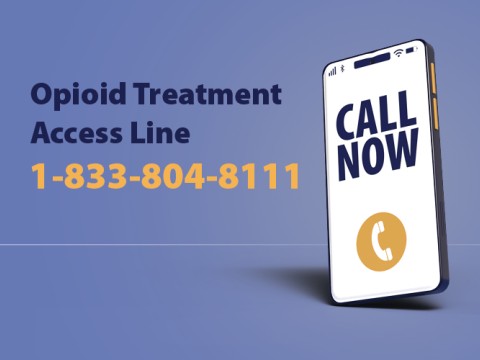Prevention, Education, Advocacy, Counselling and Empowerment
Provides free, confidential counselling for children and youth who have witnessed and or experienced abuse, threats, violence in the home, or other relationship violence.
Counsellors' help children to label and express feelings they have experienced as result of abuse witnessed and or experienced, as well as teach them healthy ways to communicate, problem-solve and cope.
Outreach
Offers parents with limited or no support, the knowledge, skills, and support necessary to build enduring and healthy relationships with their children.
Services include in-home one-to-one support and training, referrals to community resources, and support to families with children reintegrating back into the home.
Prevention, Education, Advocacy, Counselling and Empowerment
Provides free, confidential counselling for children and youth who have witnessed and or experienced abuse, threats, violence in the home, or other relationship violence.
The program provides group and individual counselling for children, youth and caregivers, as well as community presentations designed to prevent violence.
Intensive Case Management Team
Offers a variety of client-centered services to individuals who are at risk due to substance misuse, with or without mental health issues, with a focus on the homeless or those at risk of becoming homeless. The team works with clients where they are at physically - on the street, in shelters, or in their homes.
Services include housing support, substance use counselling and access to treatment, rent supplements, medical care assessment, life skills support and skill building, medication management, and referrals to community resources and income services.
Youth Counselling and Family Support
Provides counselling to young people between 12 - 25 years of age through the Youth Addictions Outreach Worker. Includes screening, assessment, ongoing treatment counselling and/or referrals to detox, and residential treatment resources. Additional services provided to the community include parent support, interactive school presentations and rapid response to school based incidents involving alcohol and other drugs and community consultations. Serves the Kamloops and Merritt communities.
Stopping the Violence Counselling
Provides individual and group counselling to women who have experienced current or past relationship abuse, sexual assault, or physical, emotional or sexual abuse at any age.
Victim Services
Provides justice-related information and advocacy, post-assault health care support, and practical assistance to victims or witness of crime, trauma and or physical or sexual assault. Services include crisis counselling, referrals to community services, safety planning, and accompaniment to police and court appearances.
Chimo Crisis Line - Richmond
Provides free, confidential emotional support and information to individuals in distress, crisis or who need someone to talk with. Professional volunteers are available by telephone or online chat.
Community Information and Volunteer Centre
Provides community information about organizations, government programs, health services through an area-wide online database of community resources, by email, phone, or walk-in inquiry, in addition to information on volunteering in the Central Okanagan.
Publications include: Directory of Community Services; Children and Youth Special Needs Resource Guide; Child, Youth, and Family Mental Health & Substance Use Resource Guide for Professionals and Service Providers; Mental Health Resources for Children and Youth; Healthy Aging Seniors Resource and Support Guide; and Suicide Prevention Handbook.
Prevention, Education, Advocacy, Counselling and Empowerment
Provides free, confidential counselling for children and youth who have witnessed and or experienced abuse, threats, violence in the home, or other relationship violence.
The program provides group and individual counselling for children, youth and caregivers, as well as community presentations, and school-based educational activities designed to prevent violence.


